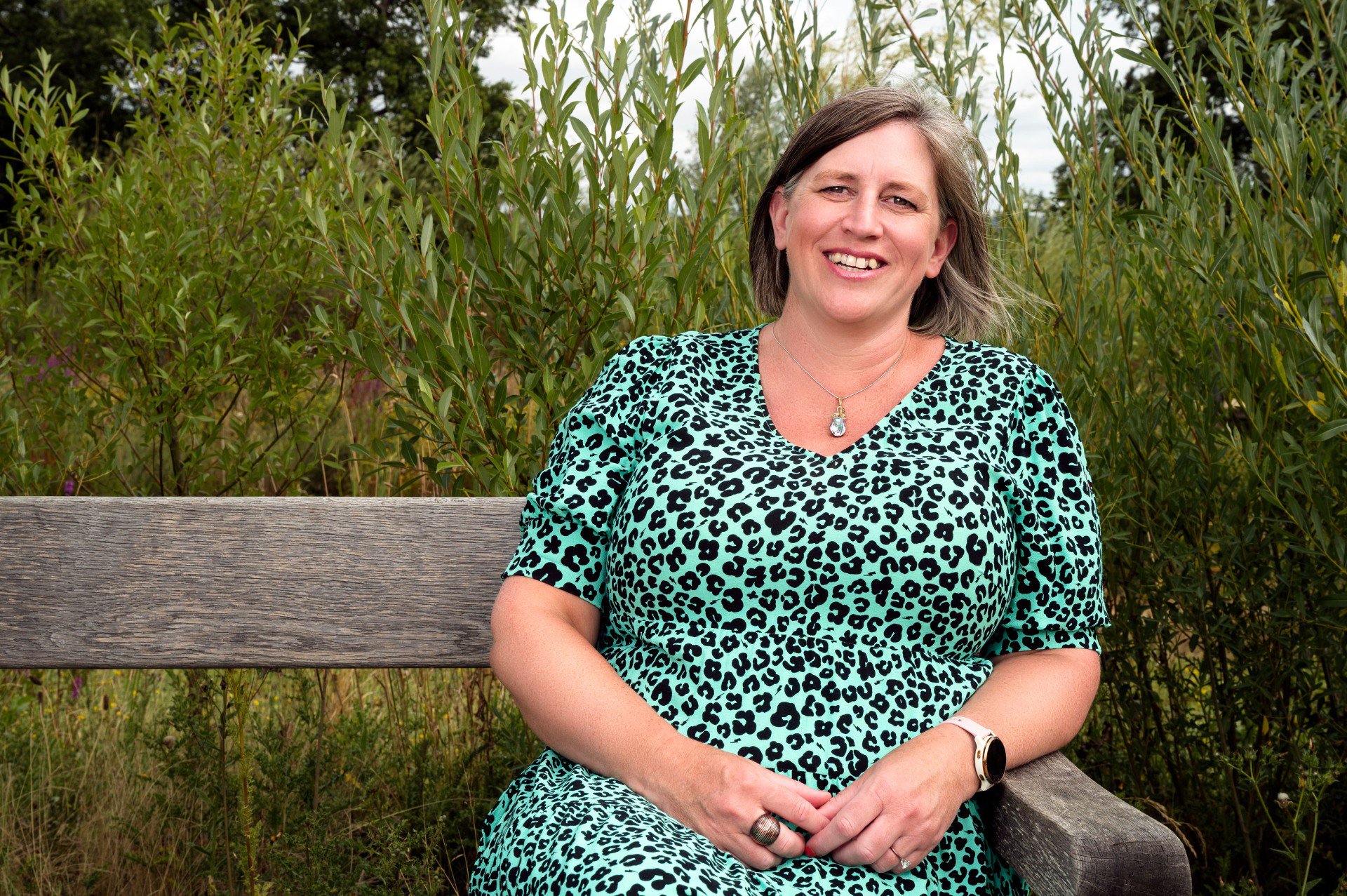A Growing Discomfort with Children in Public Spaces
One day, while walking down a quiet alley on my way to the village, I came across a mother and her toddler. The child, around two years old, was in the middle of a classic meltdown—arms flailing, legs kicking, and wailing loudly. It wasn’t a pleasant scene, but as I passed, the mother gave me an apologetic look and said, “Sorry about this,” while trying to stay calm.
I smiled and reassured her that it was okay, but I couldn’t help feeling sad that she felt the need to apologize at all. Her child wasn’t doing anything wrong; he wasn’t blocking the path or causing harm. He was just being a toddler, expressing big emotions in the only way he knew how. Yet, the mother felt the pressure to excuse his behavior, even to a stranger, as if his presence in public was somehow offensive.
This situation is one I’ve witnessed many times, both as a nanny and as a parent myself. As the school holidays approach, I’m reminded of a flight to Skiathos where I apologized profusely to other passengers after my daughter, then 15 months old, lost it the moment she was strapped onto my lap. She screamed for nearly an hour before finally falling asleep. I remember feeling close to tears from the weight of the other passengers’ stares. I have yet to meet a parent who hasn’t experienced that wave of embarrassment, that sense of inconvenience and creeping failure when their child has a tantrum in public.
Tolong support kita ya,
Cukup klik ini aja: https://indonesiacrowd.com/support-bonus/
Suddenly, it feels like every pair of eyes is on you, judging your parenting skills. You catch eye rolls, tight smiles, and exaggerated sighs, along with mutterings under breath. Some people offer sympathy, but many act as if you’ve unleashed a wild animal into civilization. I understand that hearing a child scream for an hour isn’t pleasant—I can assure you, it wasn’t for me either.
When a child dares to be noisy, messy, exuberant, or upset in public, it’s as if these people have forgotten that children are, in fact, children. They were once kids themselves. This makes me wonder: why are we so uncomfortable with kids in public?
In the UK, it often feels like we’re still in the era of “children being seen and not heard”—unless they’re politely ordering a babycino without causing a scene. We’ve seen restaurants banning buggies, people calling for child-free train carriages on social media, and playgrounds criticized for being ‘too noisy’ near housing developments.
The irony isn’t lost on parents. The same people who roll their eyes at kids glued to screens in public are often the first to tut when a child isn’t watching an iPad and instead is talking loudly, moving about, or generally being a child. It’s a no-win situation.
Screens are seen as lazy parenting, but so is letting a child be screen-free and, heaven forbid, noisy or visible. We ask children to be quiet but offer no real way for them to be.
But here’s the thing: Children are part of society. They exist. They cry, they scream, they ask a million questions, and sometimes they have tantrums. It’s all part of their development. Younger children, especially, don’t have the emotional regulation of adults, and for parents, it’s easy to forget that you are not raising a robot but instead a human being learning how to feel and cope.
We need to be mindful of this and rethink our expectations of how we believe children should behave in public. This summer, perhaps we should challenge our discomfort instead of making parents feel bad for being out in a public space when their child is crying.
I’ve often wondered why we are so irritated by the noise of children. Is it really about them, or is it our own struggle to tolerate emotions and chaos—both of which children bring by nature?
Children are loud, curious, and boundary-pushing. But in a world where adults are under increasing pressure, stretched thin by work, cost of living, mental load, and a constant digital hum, our tolerance for anything that disrupts our fragile sense of control is wearing thin. A child laughing too loudly, or crying in public, doesn’t just make noise; it jars against the quiet we’re desperately trying to impose on our overstimulated, overwhelmed minds.
This isn’t about letting kids run riot; of course, boundaries, manners, and respectful behavior all matter. But so does compassion. If we want children to grow into well-adjusted adults, they need practice being in public spaces, not exile from them.
A little patience, a smile, or even just withholding judgment can go a long way—fewer stares, less annoyance, and a little more reassurance and empathy.
Do you have a story you’d like to share? Get in touch by emailing [email protected]. Share your views in the comments below.







